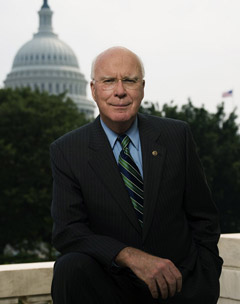Subscribe to the
Drug War Chronicle Newsletter!
Show your support
with a single click
Already have a FastAction account? Log in
By clicking "Log in," I confirm that I agree with the FastAction terms of service and privacy policy.
Show your support
with a single click
Don't have a FastAction account yet? Sign up
By clicking "Sign up," I confirm that I agree with the FastAction terms of service and privacy policy.
Show your support
with a single click
Already have a FastAction account? Log in
By clicking "Log in," I confirm that I agree with the FastAction terms of service and privacy policy.
Show your support
with a single click
Don't have a FastAction account yet? Sign up
By clicking "Sign up," I confirm that I agree with the FastAction terms of service and privacy policy.

Add new comment